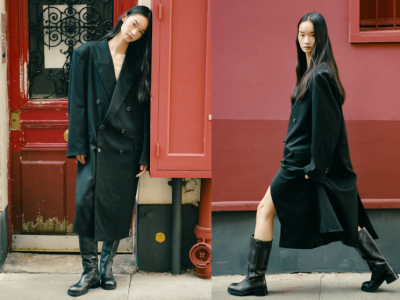It's no secret that the luxury world has been slow to adapt to e-commerce. After all, it wasn’t so long ago that big-name brands positively balked at the concept of selling their costly wares online, arguing that the exclusive luxury experience was not transferable to screens and keyboards. Affluent consumers, purchasing such high-end products on the internet? The idea.
Now, in 2019, everything has changed. Luxury brands have invested heavily in glitzy websites, user-friendly e-commerce platforms and cutting-edge social promotion, meaning you can’t pick up your phone without seeing an all-singing, all-dancing Instagram story promoting the latest designer must-have, while it’s never been easier to buy haute couture, works of art and even six-figure jewellery from the comfort of your home.
Now that luxury is very much plugged in, the pressure is on for the industry to keep up with innovations in emerging tech, such as blockchain. While still very much in its infancy within commercial spheres, blockchain is one of the fastest-growing sectors in tech and is set to become a significant component of the luxury goods supply chain market. But what exactly does it offer?








